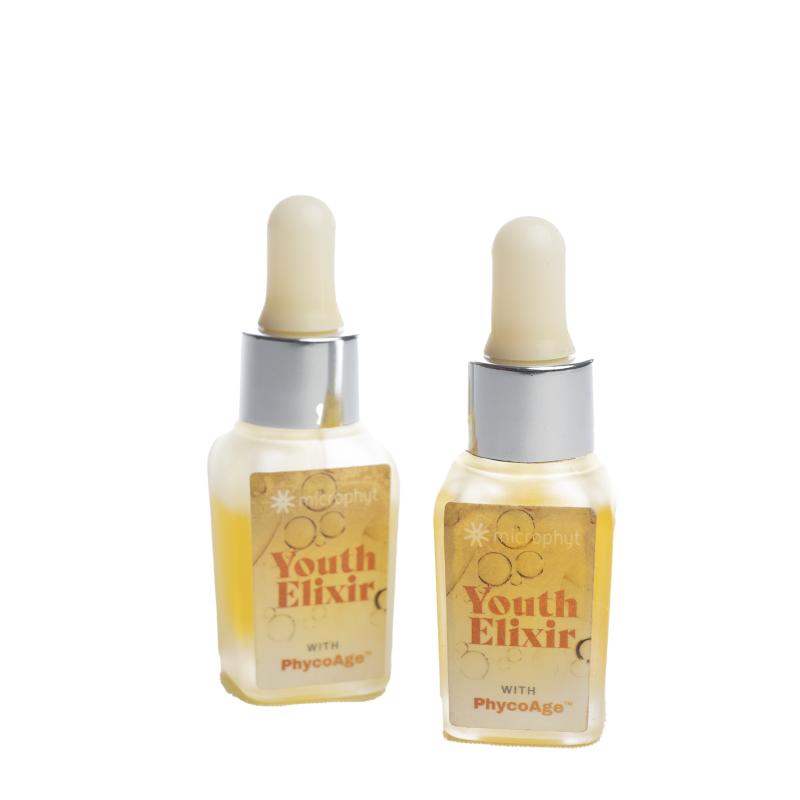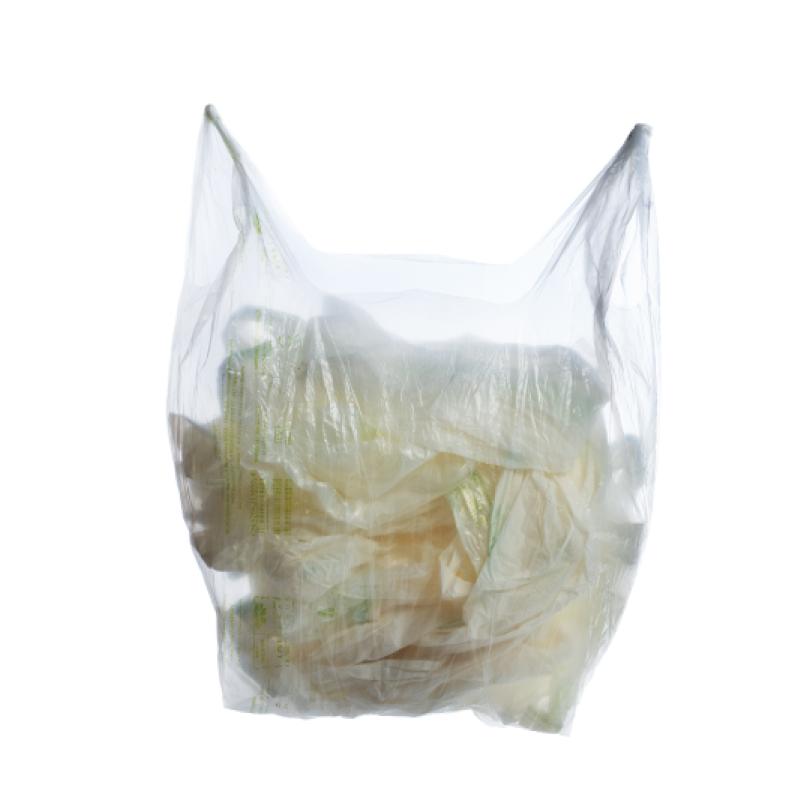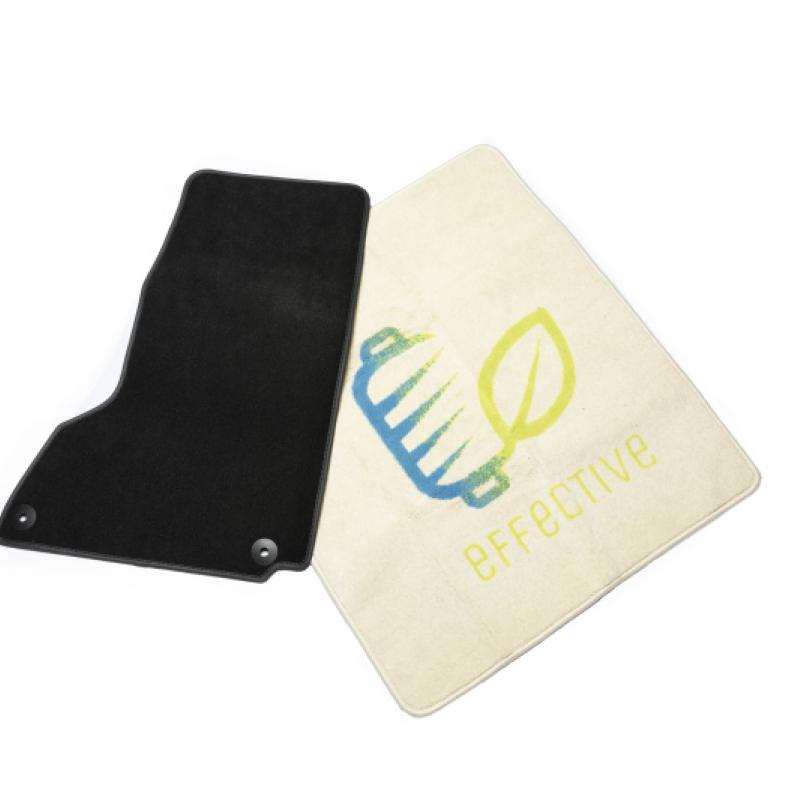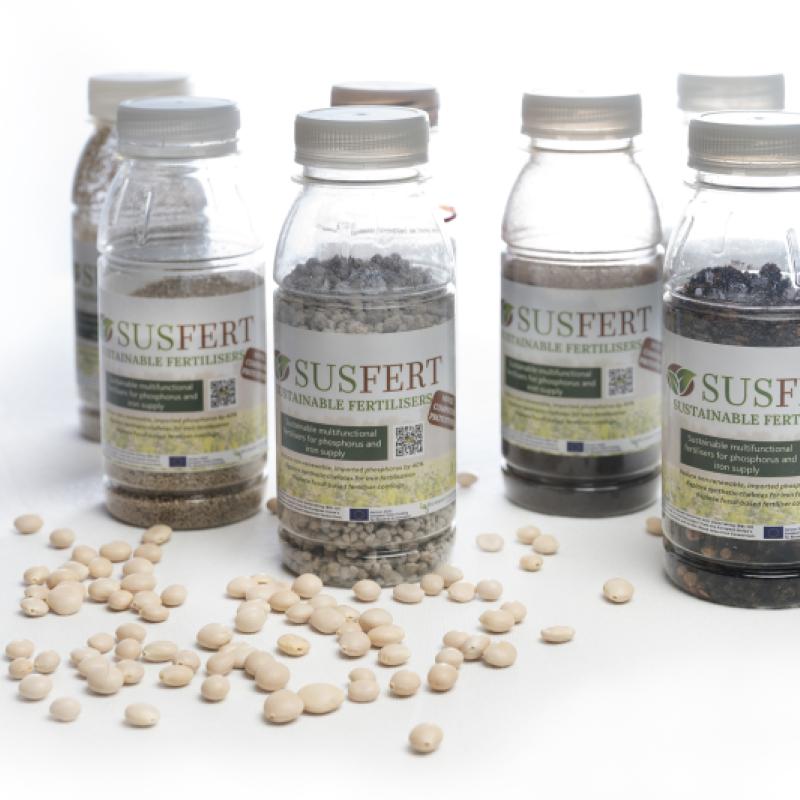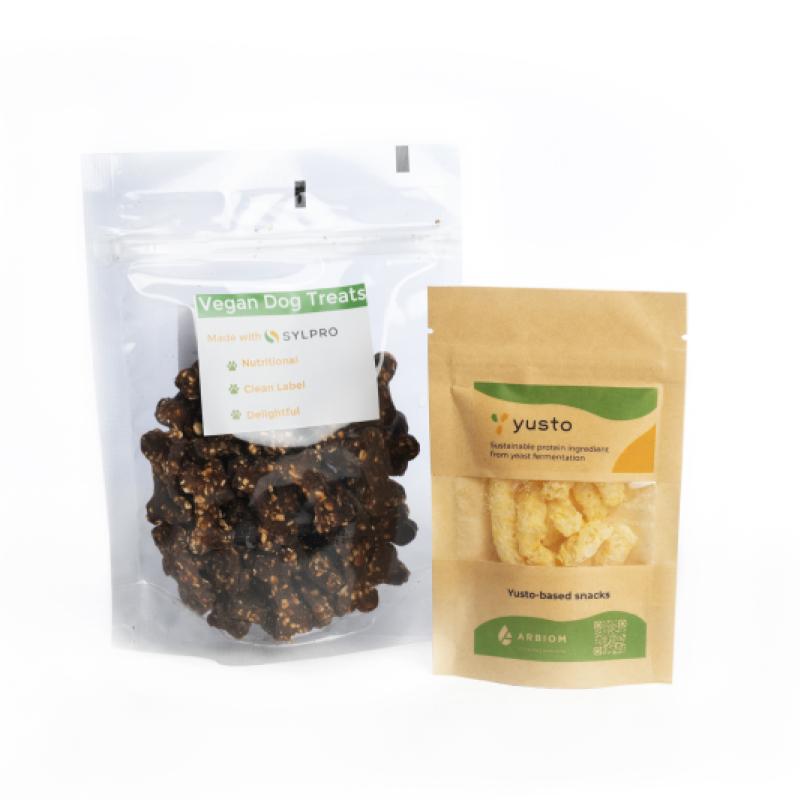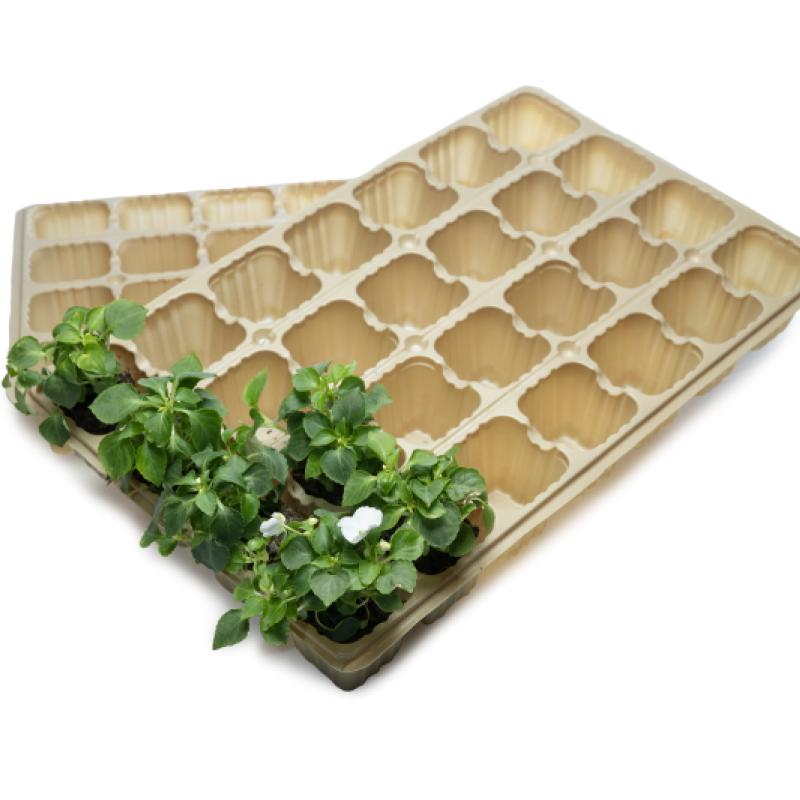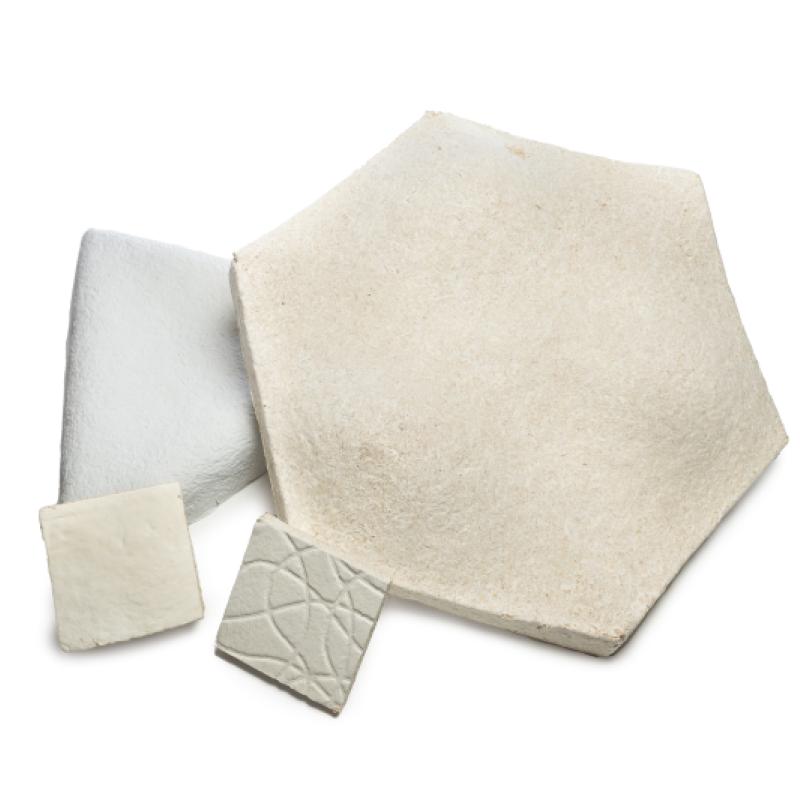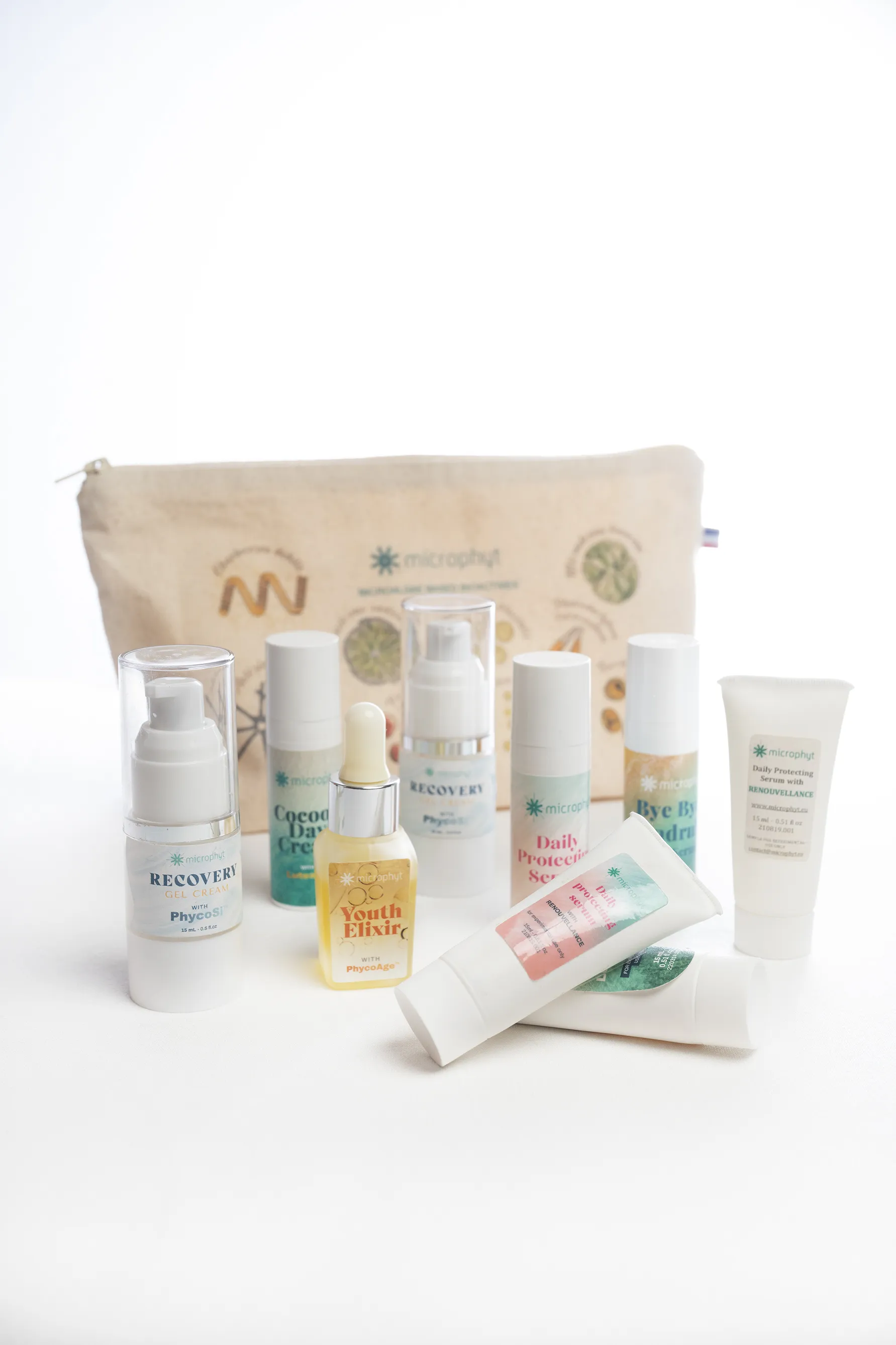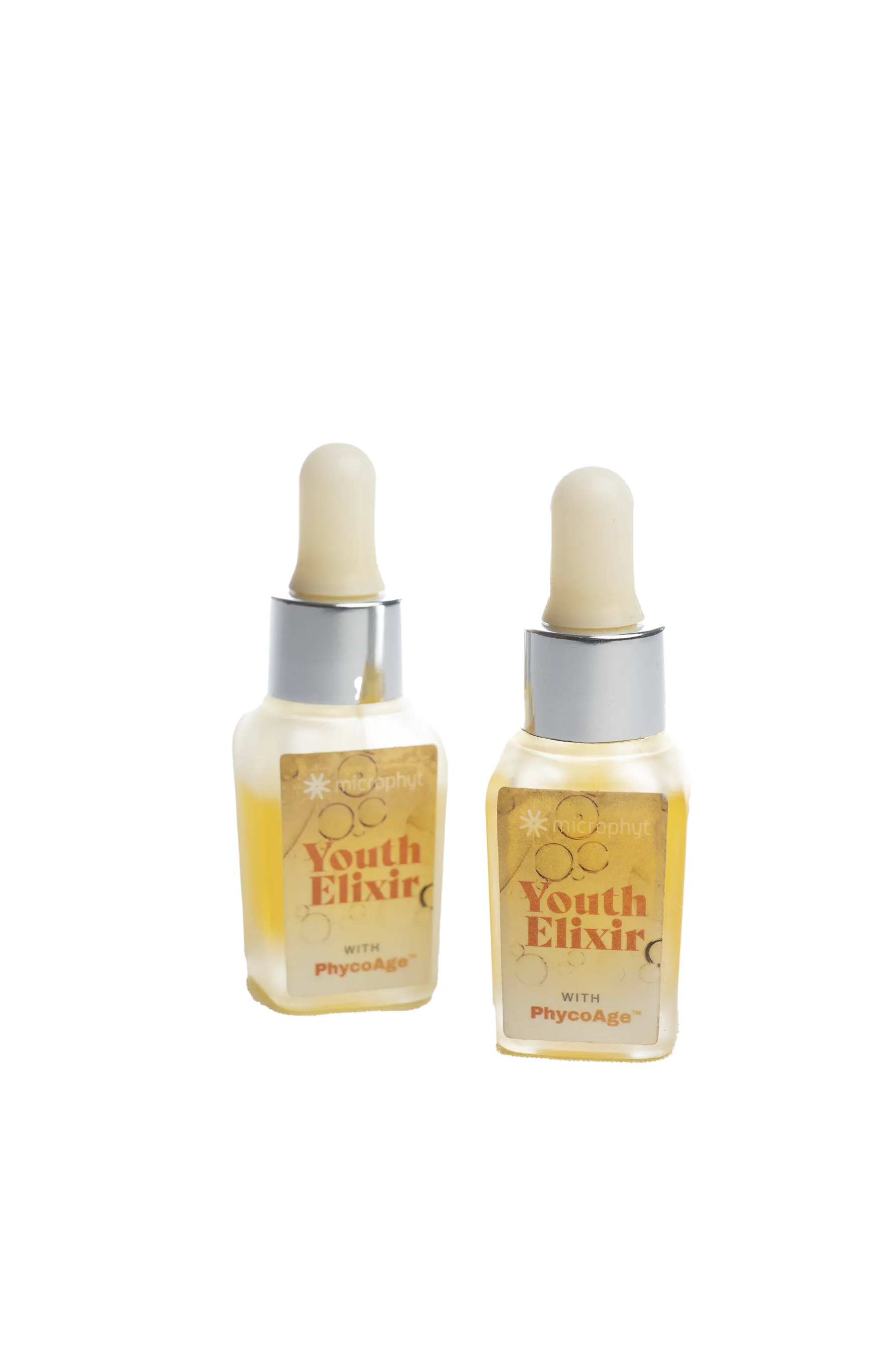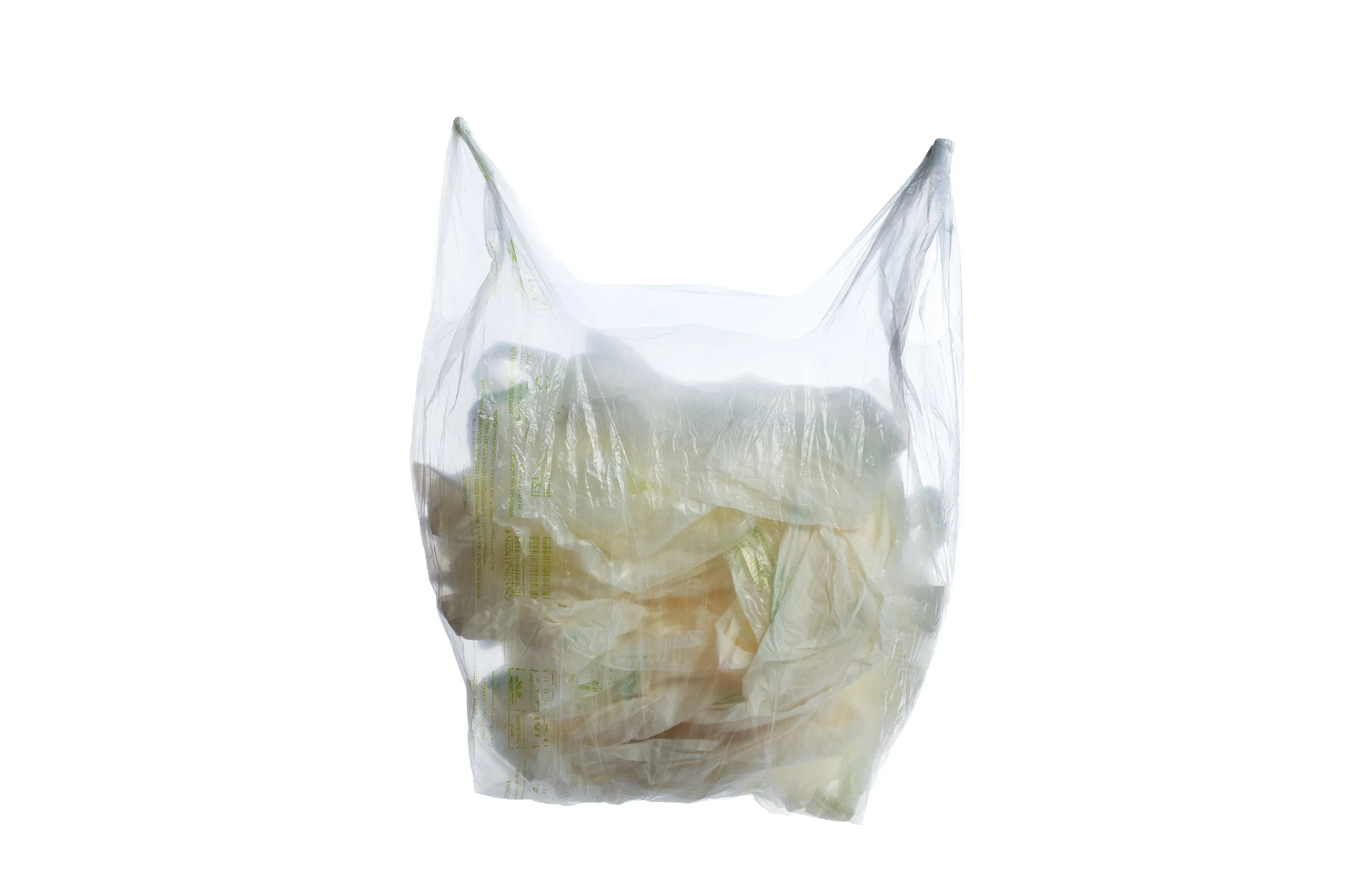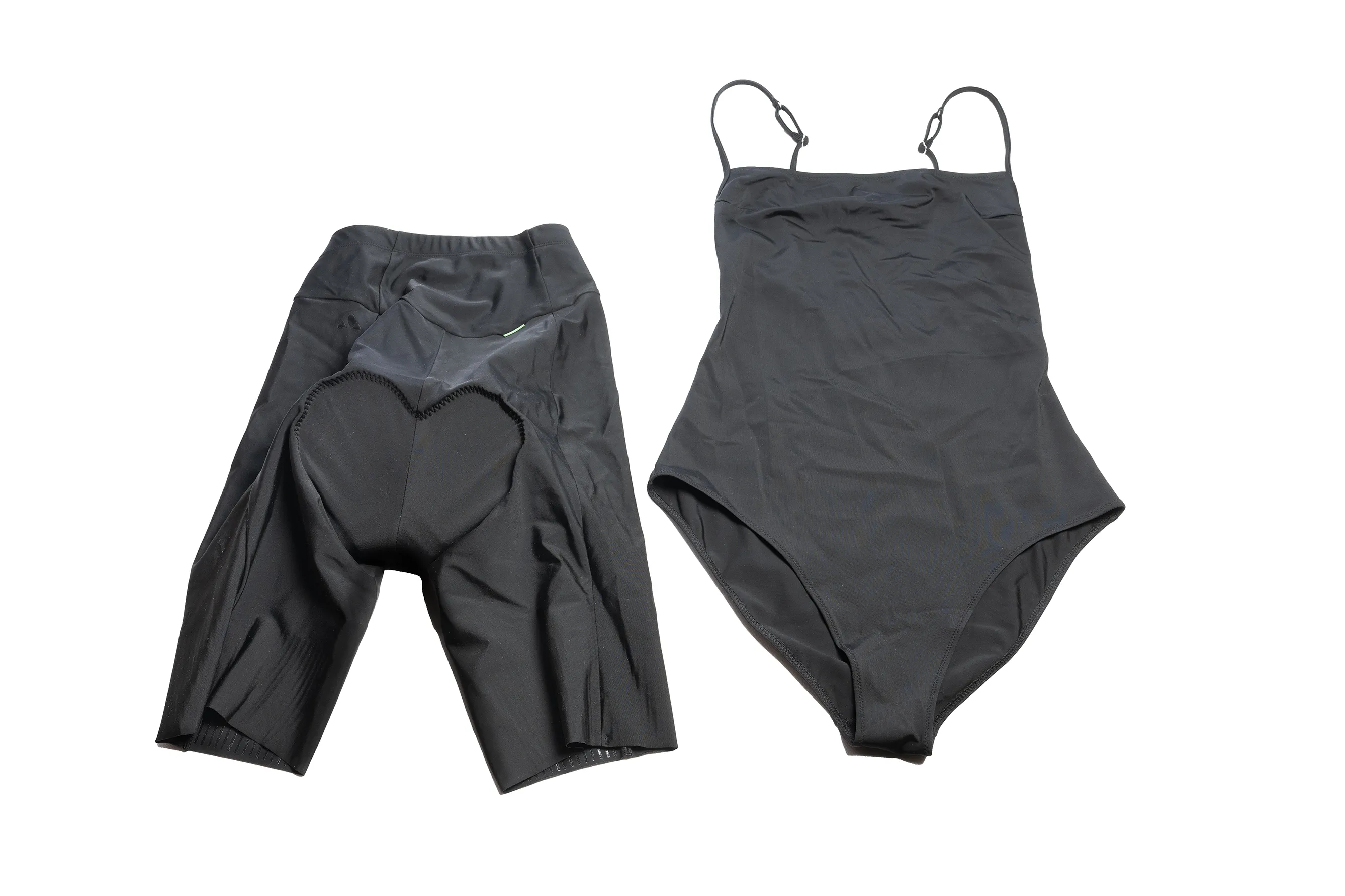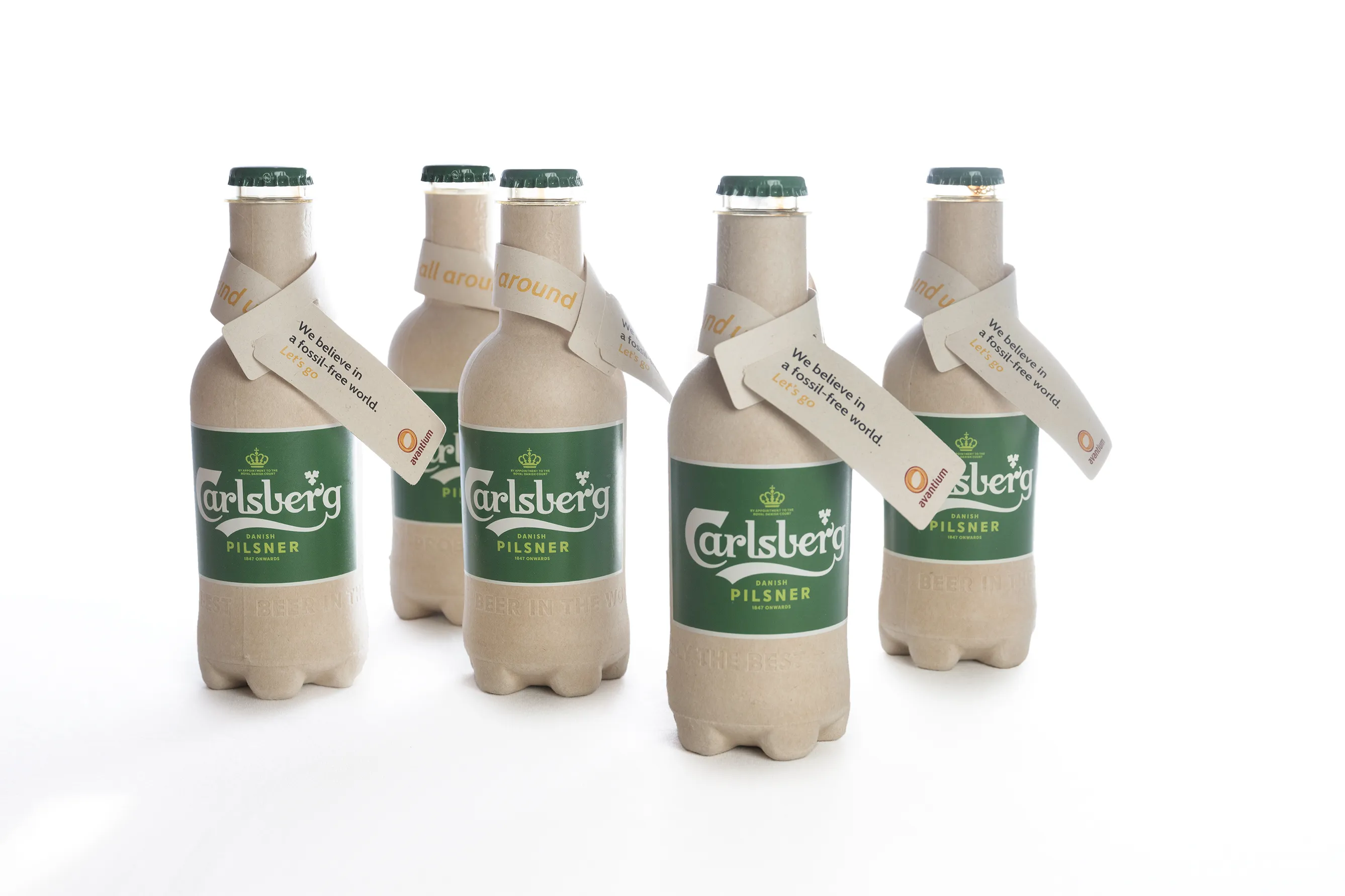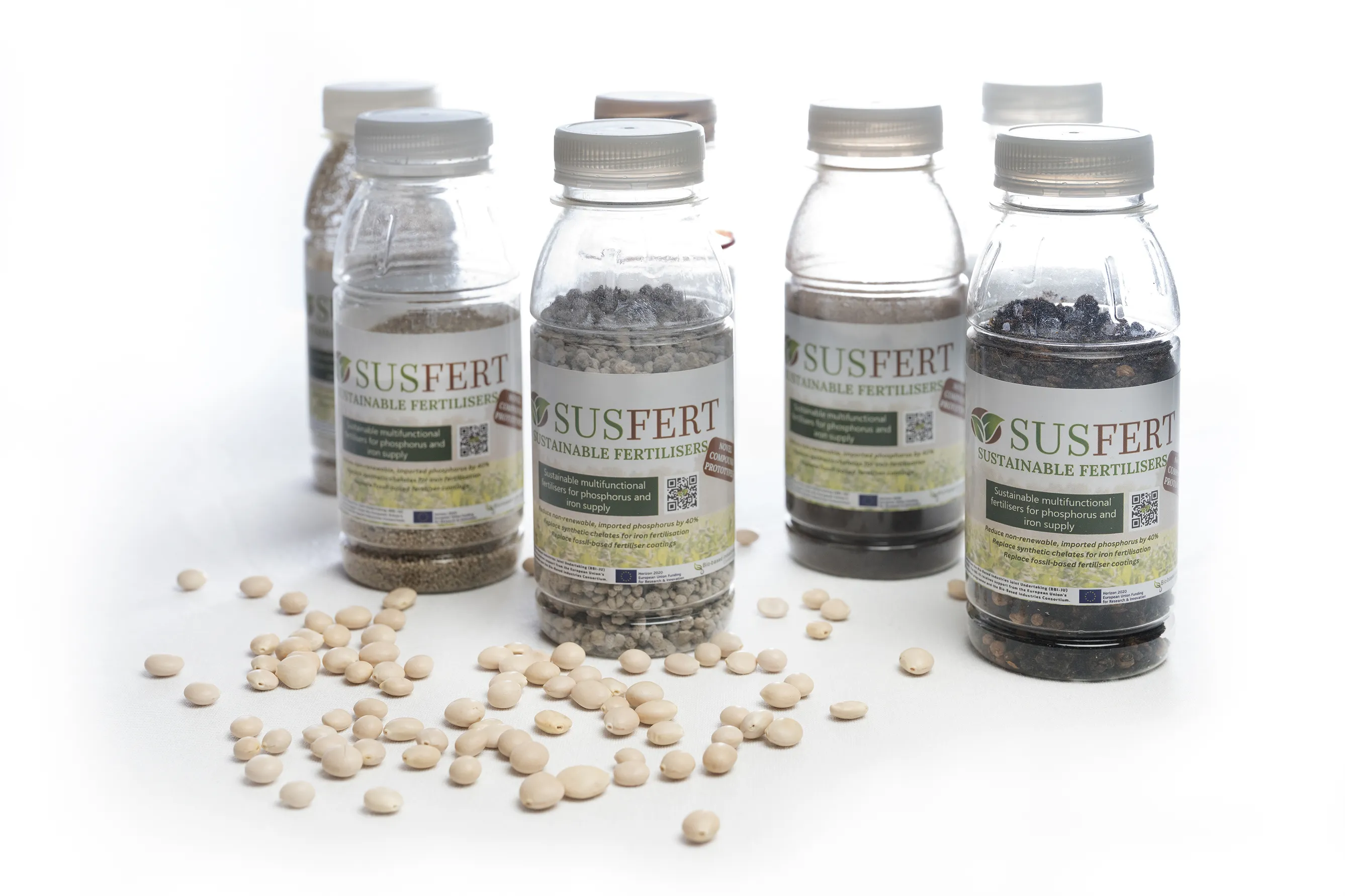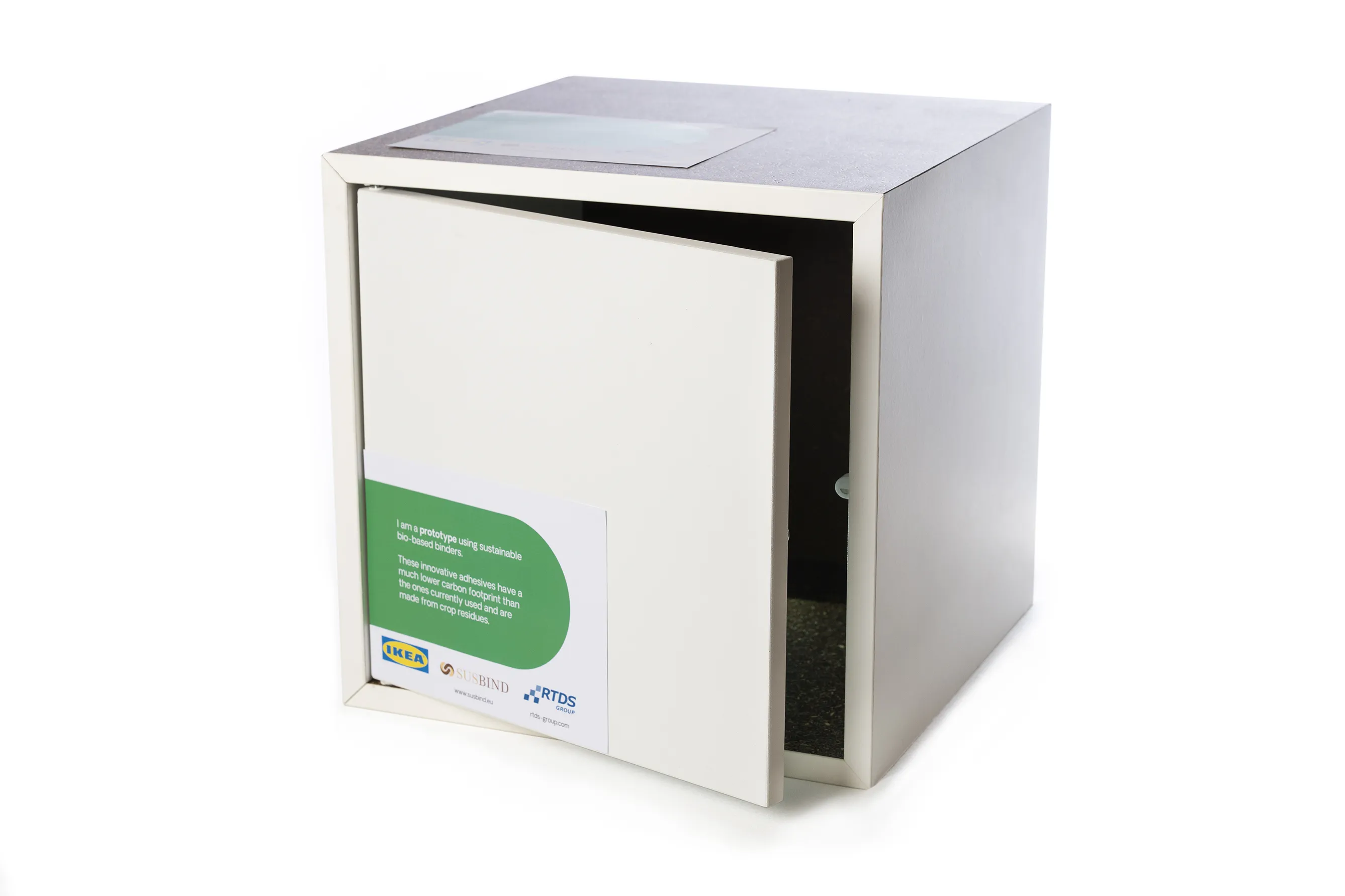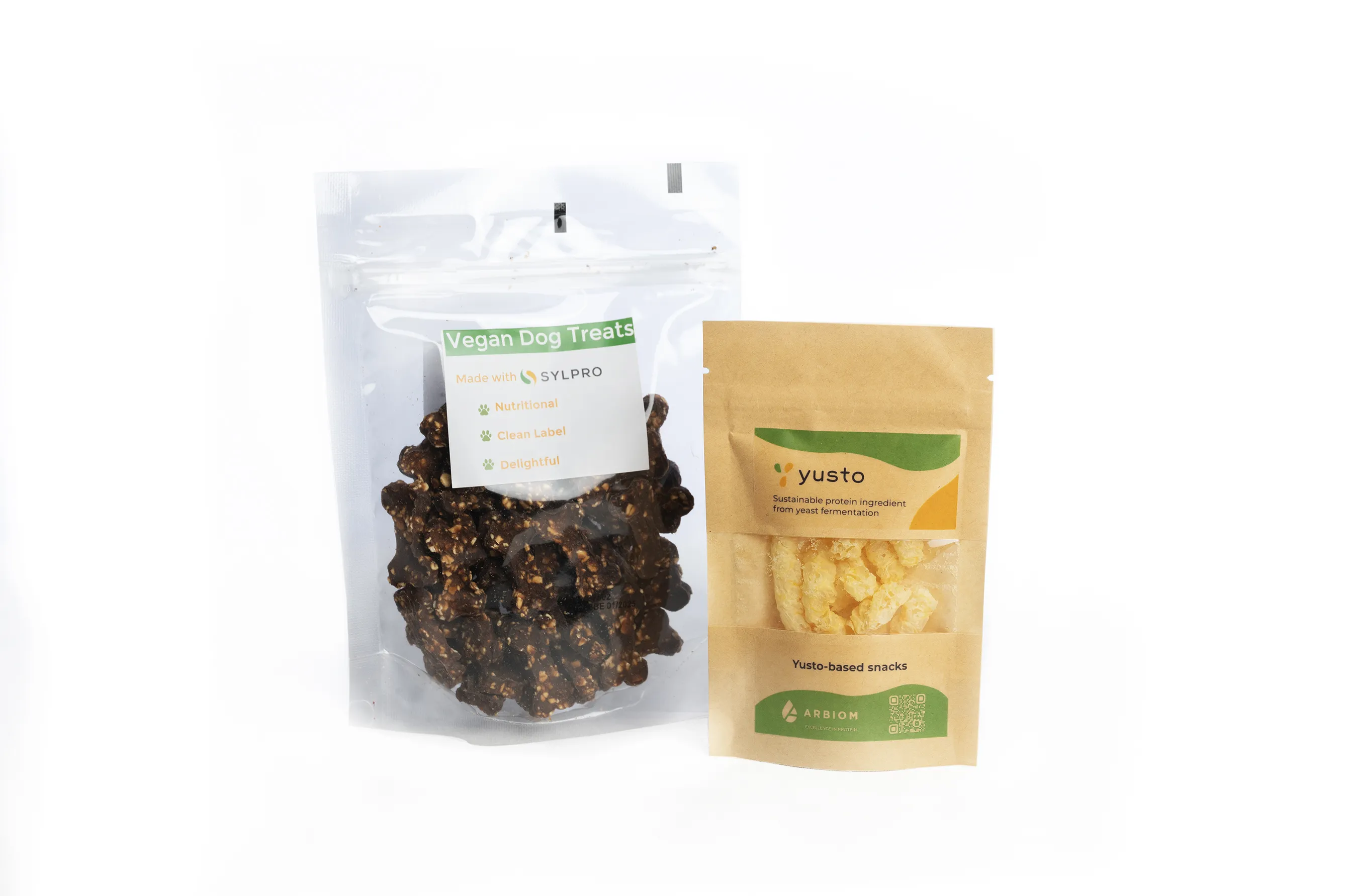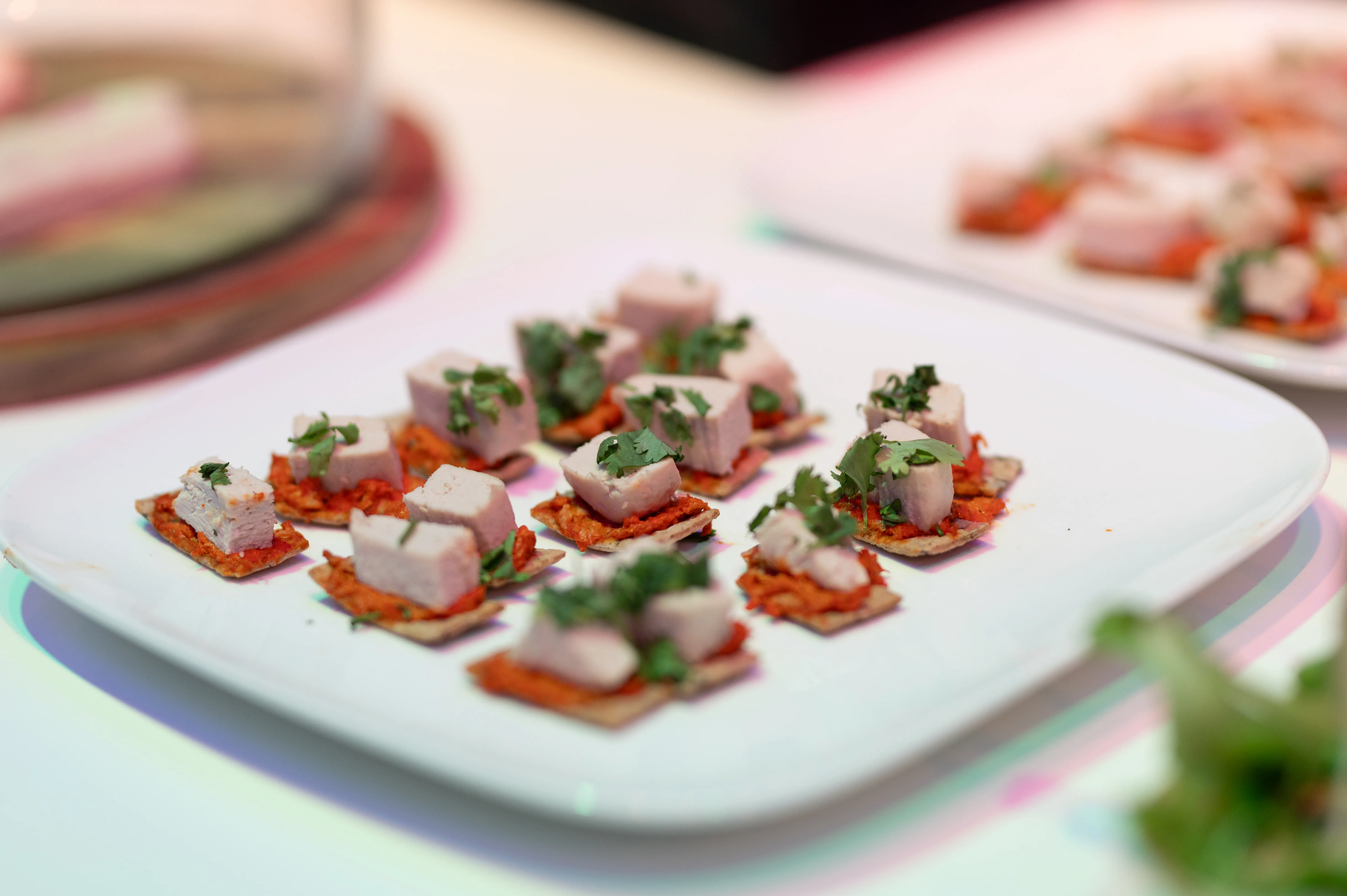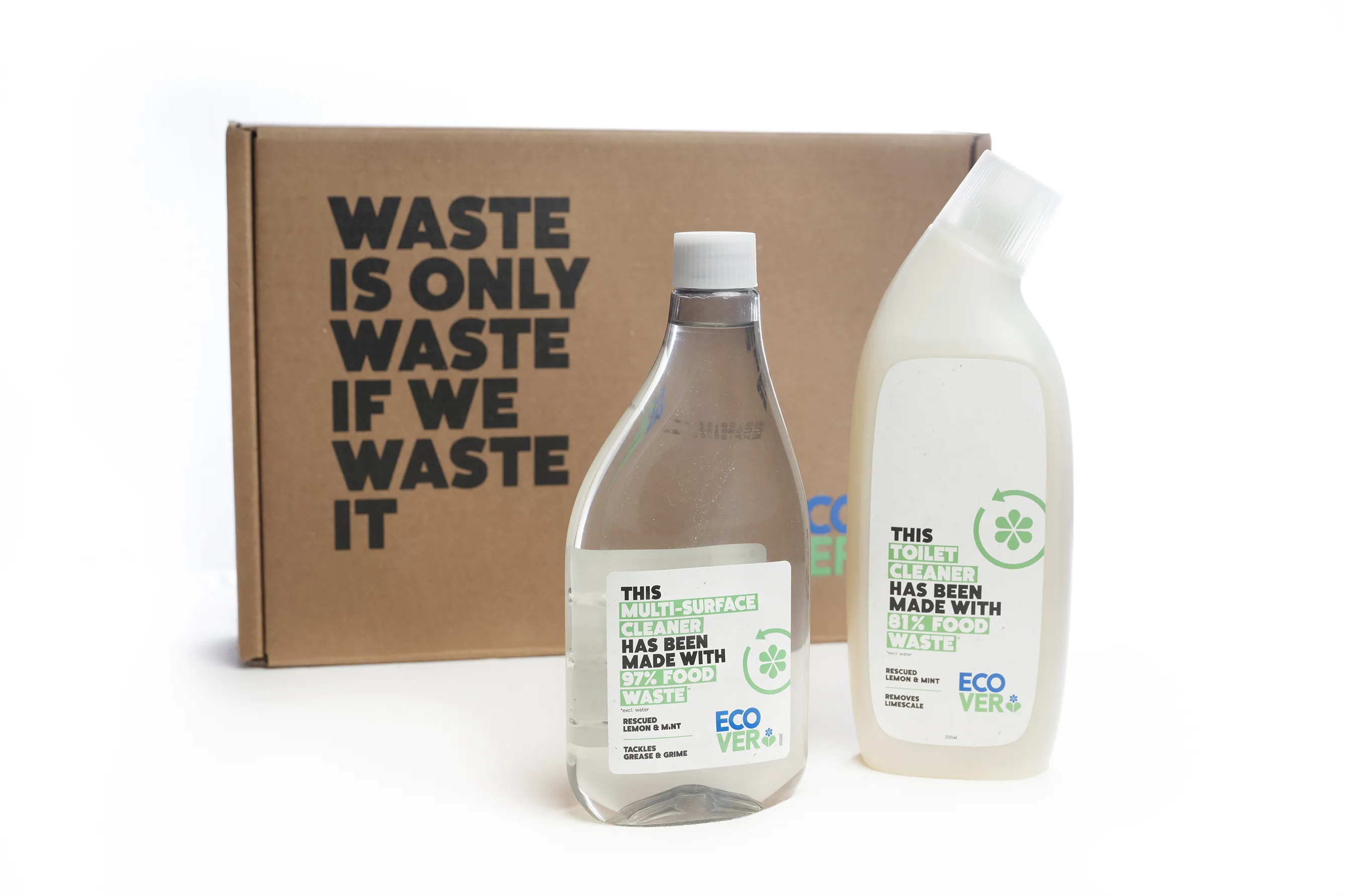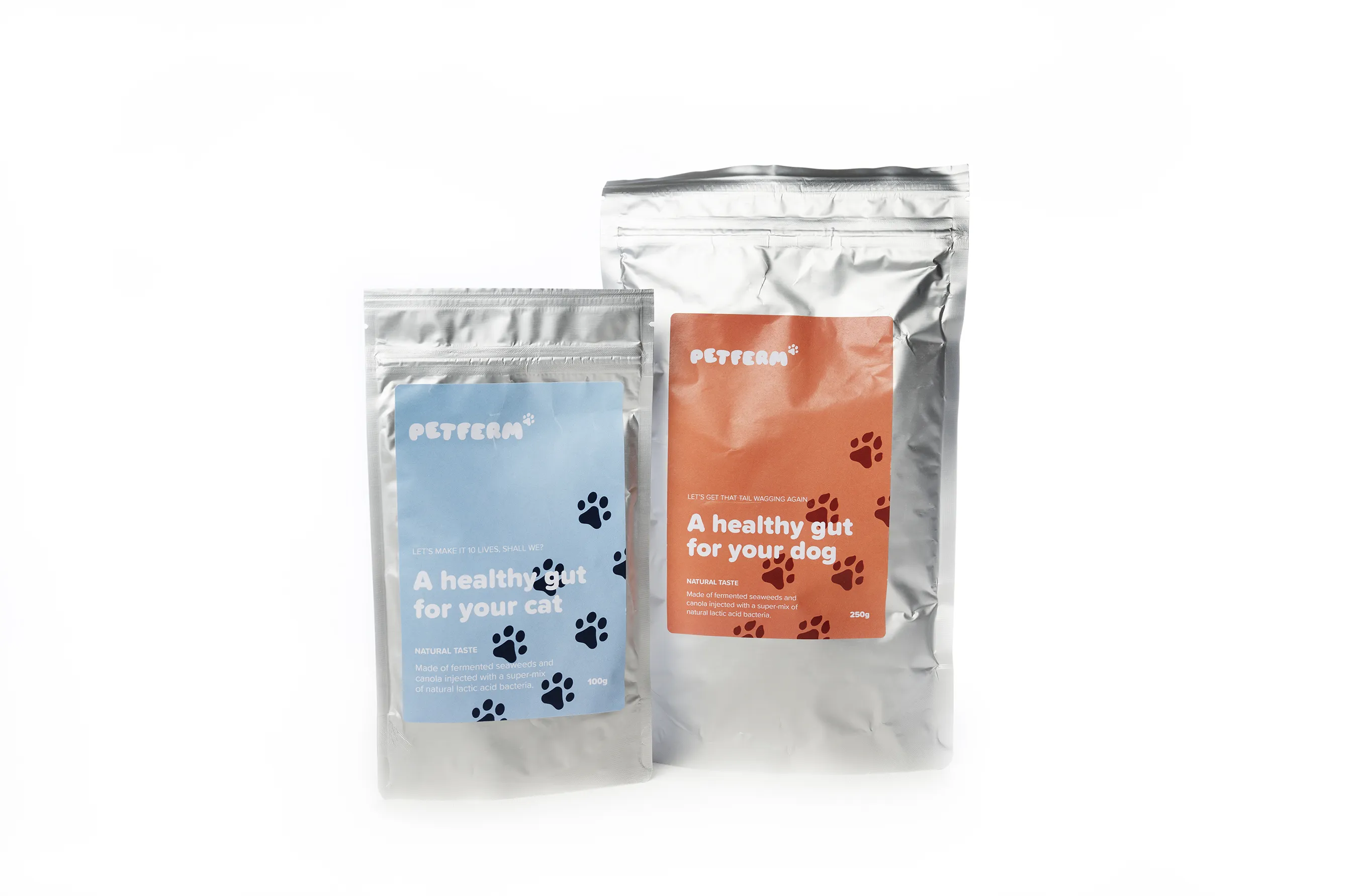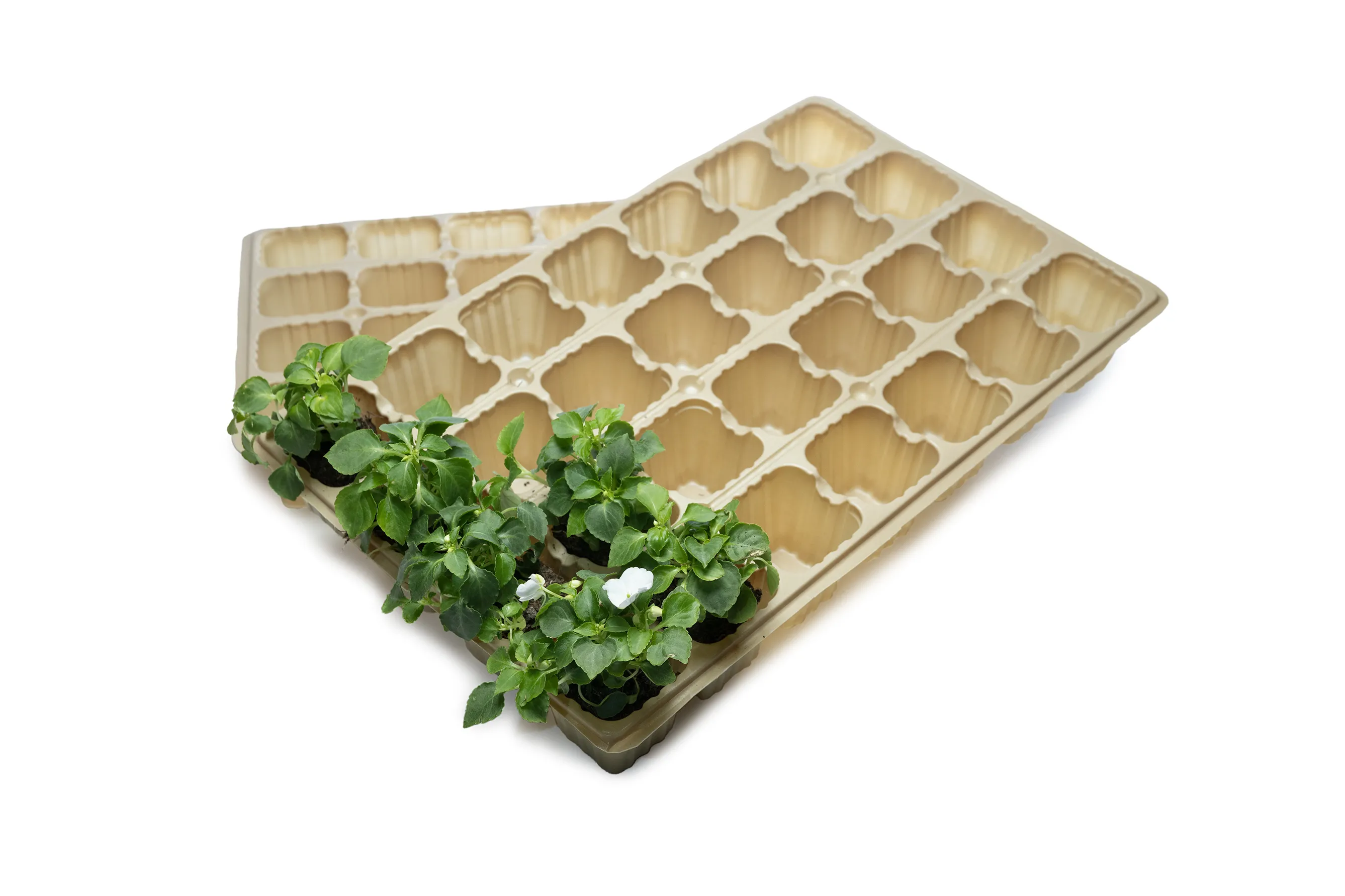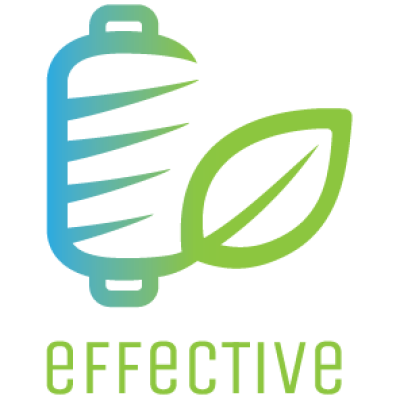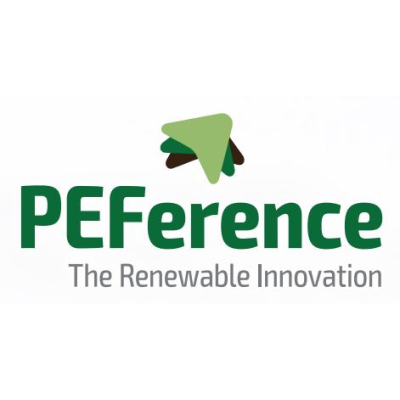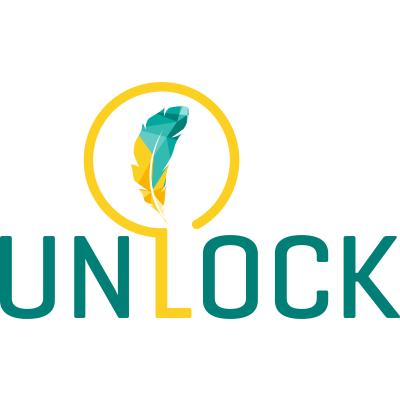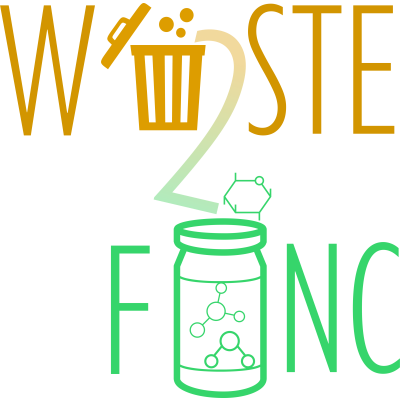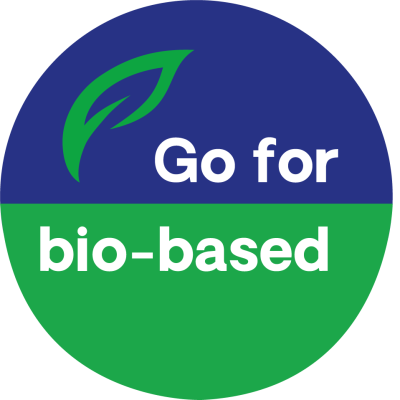
On world bioproduct day, we recognise the power of nature driven innovation and the growing impact of bio-based solutions in building a more sustainable future. As the globe confronts the limits of fossil-based resources, a transformative shift is underway: one that prioritises sustainability and renewability. This transition is not just a trend, it is a necessity, driven by the urgent need to reduce carbon emissions, minimise environmental damage and build a circular, more resilient economy. CBE JU is leading this change with innovative projects in inventive ways. Let’s see how!
Did you know that leftover food waste can help insulate your home? Or that unused sugar beet parts can be used to create bio-based nylon for the textile industry? Or even that discarded chicken feathers can be processed into biodegradable seed trays that mimic the look and function of traditional plastic ones but are made entirely from renewable feedstocks?
With more than 36 novel bio-based products currently ready to hit the market, CBE JU is scaling up biomanufacturing in chemicals, materials, packaging and more. 19 first-of-their-kind CBE JU-funded biorefineries across Europe are demonstrating the commercial viability of bio-based processes. CBE JU has also funded more than 80 demonstration plants with projects that span food, construction, agriculture, cosmetics and packaging.
In Slovenia, the EFFECTIVE project showcased innovative, cost-effective methods to produce bio-based polyamides and polyesters from sustainable, renewable feedstocks, such as sugar beet, wood residues and straw waste. A fully 100% bio-based nylon has been developed and successfully produced at a pre-industrial scale, marking a significant milestone in sustainable materials innovation. Building on this breakthrough, yarns made from bio-based polyamides were manufactured and tested across a variety of applications, including carpets for the automotive industry and textiles used in swimwear and cycling pants. The team also demonstrated their potential for expansion into industries such as fishing, engineering plastics, agriculture, hygiene and personal care.
The FIRST2RUN project teamed up with local farmers to grow cardoon, a largely overlooked oil crop, and turn it into sustainable, bio-based products. Among its early successes were some of the first biodegradable and compostable bags for fruits, vegetables and organic waste, now a familiar sight in European supermarkets. This flagship biorefinery also helped transform arid Sardinian lands into a hub for sustainable bio-based production, creating a closed-loop system that supported local farmers and preserved food-growing land.
In October 2024, the PEFerence project launched a first-of-its-kind, industrial-scale flagship biorefinery that converts crop residues into a cost-effective, sustainable alternative to conventional plastics. The resulting bio-based material is used to produce bottles, including those for carbonated beverages (which retain fizz more effectively than their traditional counterparts) as well as films and fibres for a wide range of packaging applications.
In the Netherlands, the PLENITUDE project pioneered a large-scale, zero-waste biorefinery producing low-cost proteins for food and feed, by using leftovers of cereal crops as the main resource. At full capacity, mycoprotein production will reduce CO₂ emissions by five million tonnes annually compared to meat protein. Their process also uses far less water than beef farming and relies primarily on agricultural waste.
The SCALE project built the world’s first fully integrated microalgae biorefinery, producing high-value natural ingredients for food, feed, supplements and cosmetics. Located in Baillargues, France, the plant scaled up production from demo to industrial level, with 11 partners from five European countries driving the project.
The European poultry sector produces 3.6 million tonnes of feather waste annually, yet only about 25% is separately collected and valorised. The UNLOCK project is turning this resource into a sustainable, circular value chain: feathers are transformed into bio-based products for agriculture (such as seed trays, geotextiles, mulch films and hydroponic foams) using four tailored processing methods. With feathers comprising of nearly 90% keratin, these new materials offer added benefits: they are designed to be zero-waste, biodegradable and enrich soil with organic nitrogen.
Fruit and vegetables that do not meet quality standards, along with spoiled produce from extreme weather and side streams from the food industry, are often discarded or incinerated, leading to CO₂ emissions. Yet, these materials hold untapped potential. The WASTE2FUNC project explored how such food waste could be transformed into valuable products like organic soaps and bioplastics, offering a more sustainable alternative to disposal. You may have already seen them on supermarket shelves: multi-surface cleaners made from natural ingredients like lemon and mint leftovers, tough on grease and germs. Proof that bio-based and effective can go hand in hand.
These are just a few examples of the many innovative bio-based products supported by CBE JU-funded projects. Such breakthroughs not only reduce our reliance on fossil resources but also drive the shift toward a circular economy. These solutions are already reshaping industries and lowering carbon emissions, making everyday products more sustainable, but their impact depends on all of us. So next time you are at your local supermarket, take a moment to check the label - can you spot a bio-based product? Go for bio-based and help power the change!


